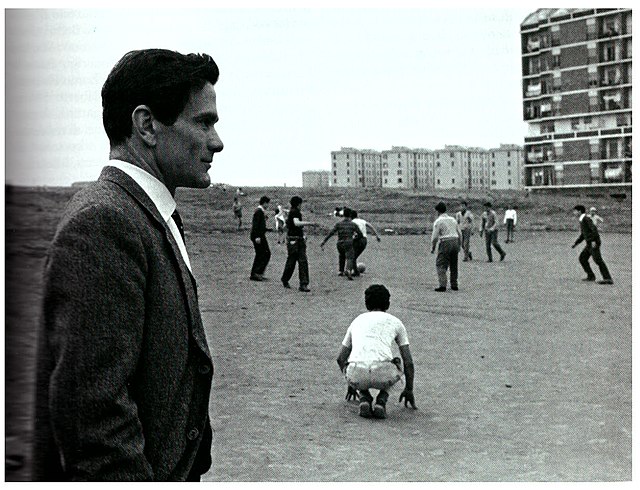Abstract
Despite their prejudice, newspaper articles are an indispensable and inescapable source for the history of sport, certainly for the reconstruction of events, but above all as material for the study of the history of ideas and mentalities. In some cases, however,
it is the press itself that becomes the scene of singular events such as those described in this article. If it is now commonplace for coaches and managers of major teams to comment on current affairs, in the 1960s it was a rarity for a coach to extend his discourse beyond the footballing sphere, and all the more so when his statements were such as to provoke the indignant reaction of a great intellectual. The only two candidates in this field are Helenio Herrera, the man who revolutionised the way the figure of the coach was interpreted and perceived in the 1960s, and Pier Paolo Pasolini, one of the few intellectuals of his time to speak, critically, about sport. The long-distance clash between the two took place in November 1969 and was triggered by some of Herrera’s comments on the function of sport as an instrument of mass distraction, reported in the Corriere della Sera on 1 November that year (Moravia-Herrera derby). Pasolini’s prickly response came a few weeks later in his ‘Chaos’ column in issue 48 of «Tempo», with the article Sport e Canzonette. If the direct confrontation between the two is concentrated in these two articles, we will see that the implications of their statements go far beyond the polemics of the moment. To fully understand the affair, it is necessary to widen our gaze to the footballing and political context of the 1960s and the personalities of the two players on the pitch. To this end, some of Pasolini’s other articles on sport, collected in Valerio Piccioni’s book Quando giocava Pasolini. Calci, corse e parole di un poeta, and a little-used source that must be treated with the utmost care: Helenio Herrera’s autobiography, La Mia Vita.

This work is licensed under a Creative Commons Attribution 4.0 International License.
Copyright (c) 2024 Silvano D’Angelo

